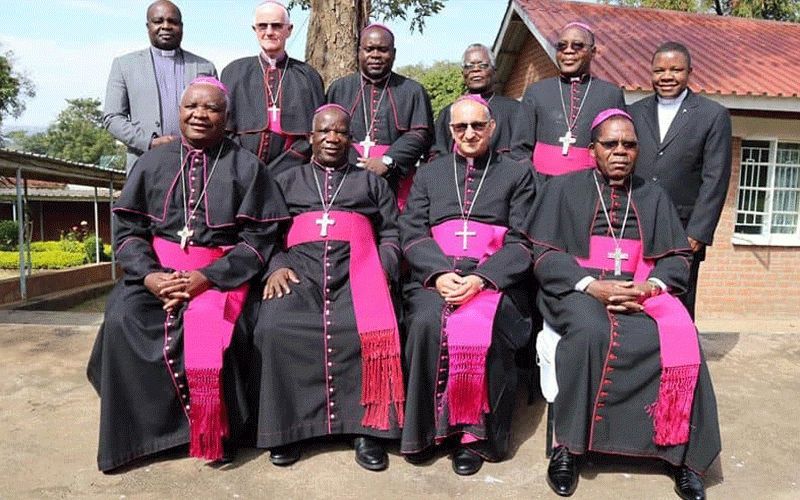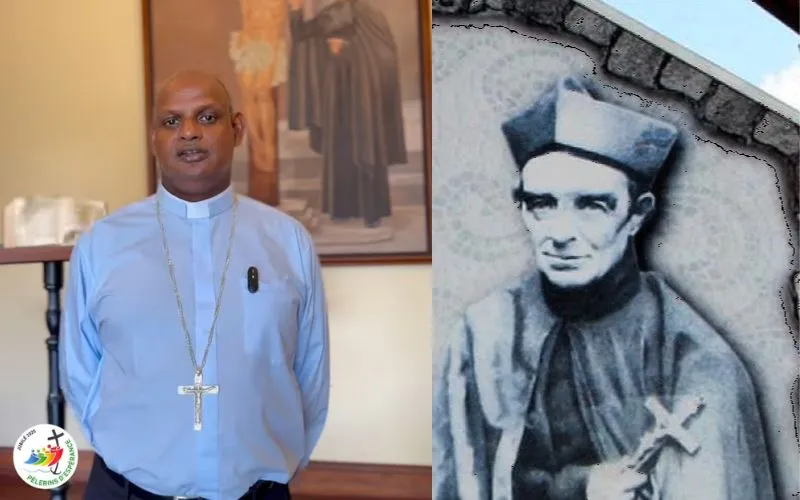“The education system has suffered the same challenges in terms of limited funding, substandard infrastructure, inadequate learning materials, insufficient and under motivated personnel, in addition to unstable curricula,” the Bishops in Malawi say.
“These dysfunctional systems of public service delivery underline the necessity of electing a leader with the qualities such as: honesty, democratic, transformational leadership, visionary, selflessness, servant leadership,” they say.
With 83 cases of COVID-19 recorded in the country, the members of ECM are concerned about the “lack of consistency” in observing the precautionary measures and sections of society who “deny the existence of this disease.”
“As we have stated in our recent statements, COVID-19 is real and deadly,” the Bishops say and add, “In the event of imposing restriction on mobility there would be need for social support for the poor and the vulnerable and such support should not be politicized.”
They express their appreciation for the efforts of the government and the international community in finding resources and setting up committees in response to COVID-19 and call for more inclusive and coordinated approach, more public awareness campaigns and transparent use of resources.
(Story continues below)
The Bishops are also concerned about the “continued environmental degradation,” which they say is clearly “manifested in the accelerated destruction of natural resources like forests and natural habitats as well as the failure to seriously develop renewable energies.”
“We risk desertification of our land, creating food insecurity in the country and increasing the gap between the rich and the poor,” they caution.
Referencing Pope Francis’ encyclical, Laudato Si, the Bishops say that “the deterioration of the environment and of society affects the most vulnerable people.”
As their country prepares for a re-run election following the cancellation of last year’s Presidential poll both by the constitutional court in February and the Supreme court in May, the Bishops are concerned about the “challenges related to holding a credible election.”
Their concerns about the process of election scheduled for July revolve around “the loss of public trust and confidence in the current Malawi Electoral Commissioners, inconsistency in the determination of electoral calendar, vandalism of MEC equipment, lack of security in centres where MEC is processing voter transfers and issuing duplicate voter certificates, and biased, unprofessional and defamatory reporting by the public broadcaster, MBC.”
“We are also concerned with the general abuse of freedom of expression by political party zealots on social media by among others, fabricating all forms of falsehood, lies and rumor mongering,” the Bishops in Malawi add, calling “upon all Malawians to exercise extra vigilance to ensure that the electoral process is transparent.”
“Let there be issue-based campaign. Above all, it calls for a leadership that can provide appropriate direction and supervision,” they urge.
“We call upon all duty bearers to ensure that the forthcoming presidential election is free, fair, credible and peaceful,” they say adding, “We also urge all Malawians to go and vote and vote wisely, keeping in mind the consequences of not voting or not voting wisely.”
They implore God’s divine intervention for a successful electoral process saying, “Let us continue to pray and seek God’s guidance for the success of this election.”
Jude Atemanke is a Cameroonian journalist with a passion for Catholic Church communication. He holds a Bachelor’s Degree in Journalism and Mass Communication from the University of Buea in Cameroon. Currently, Jude serves as a journalist for ACI Africa.








